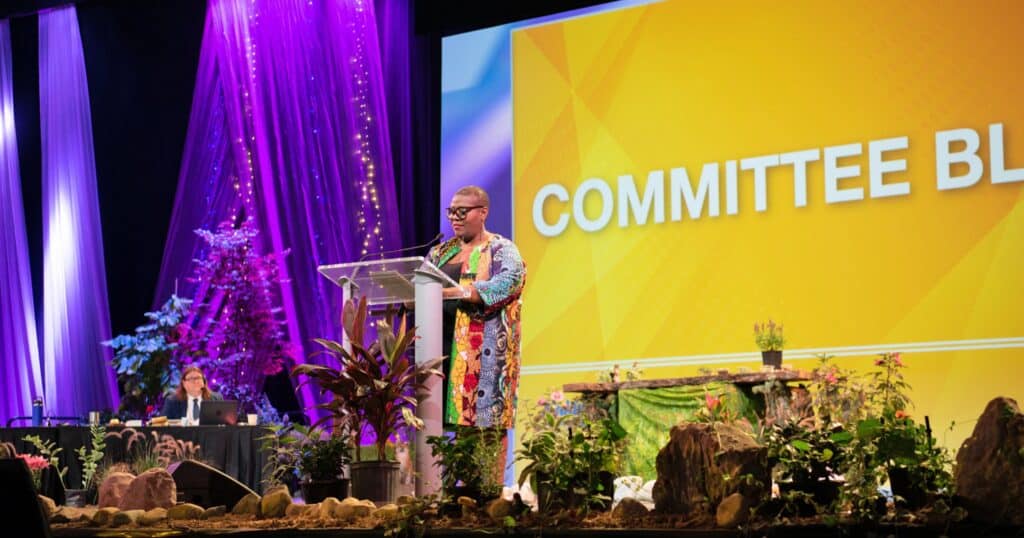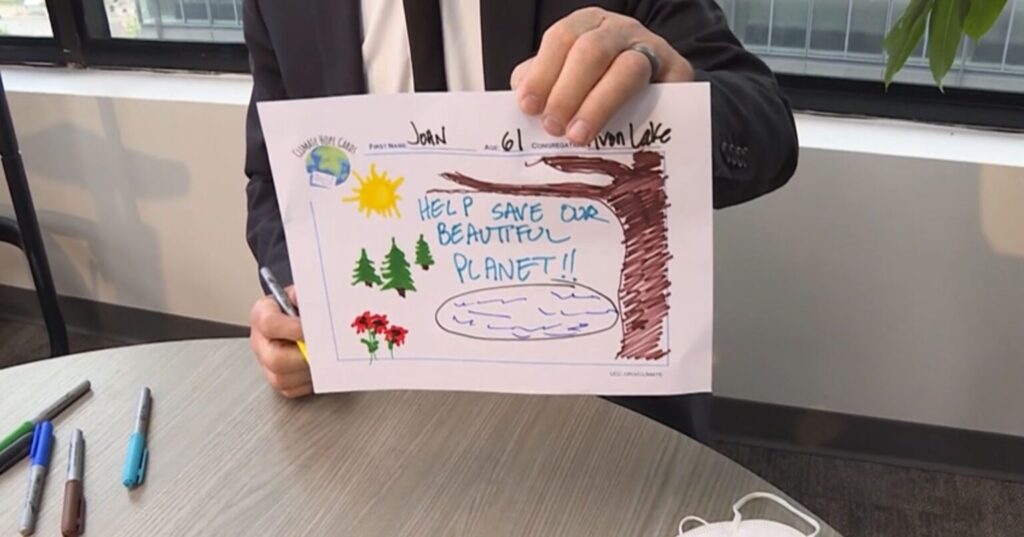Faith-Based Justice Leaders Sing Joy to the World

I am honored to participate in the formation of faith-based justice leaders. I give thanks for young adults I have accompanied during the last decade who have committed themselves to serving at the intersection of faith communities and God’s love and justice in the world. For example, I watched Jenn do community organizing with faith communities during the year that Seattle, WA raised its minimum wage. Her organizing work was credited locally as a key influencer in this success. I walked with sisters, Cassandra and Katharine, who gained experience in community development, refugee ministries and public health, and have continued in professional careers related to those passions. Cousins, Hannah and Meredith, practiced skills in labor organizing and immigration justice. I was thrilled that the BBC hired Hannah after seeing the photographs that emerged from her experience. Meredith went on to teach grade school in Guatemala. Earlier this year, I heard the powerful poetry of Rebekah as she spoke theologies from people who live with physical disabilities. She will be the keynote speaker at a significant regional church gathering next spring.
These faith based justice leaders and hundreds of others have experienced intentional community, shaped their vision of faith and justice, learned and practiced skills, and networked with others already engaged in such faith based justice ministry. They exemplify how leadership for justice movements does not just happen, but requires sacred space in which to learn and dream. It takes safe space in which to be mentored and to learn and practice skills. In contemporary cultures where faith communities and justice movements can find themselves on different tracks, these leaders have gained experience in identifying overlap, intersections and confluence.
Such leadership development is not limited to a particular program, but its components can be found in every faith community.
Justice leaders need intentional community. What if every congregation considered itself an intentional community in which we do not ourselves choose who sits at the table and we stay connected to that table anyway? Intentional community subverts a win-lose relationship among people by multiplying strengths and empowering one another.
Justice leaders need skills and practice in negotiating complexity. What if every pastoral care team saw their role as community organizing, to listen and discern a way together to address self-perceived needs in the community? A congregation’s fellowship or education time could identify and celebrate the assets of the community, gathered and scattered, especially those strengths not usually visible.
Justice leaders need vision and vocation. What if Karl Barth’s vision of preaching with a newspaper in one hand and the Bible in the other was updated to the social media age? Exploration of who God is and how God relates to the world makes the shape of God’s love and wholeness visible. Such a search together offers energy and encouragement for the long journey ahead.
My witness for justice contends that church with these passions sings Joy to the World.
Mary Schaller Blaufuss is Team Leader for UCC Humanitarian & Development Ministries for the United Church of Christ.
View this and other columns on the UCC’s Witness for Justice page.
Donate to support Witness for Justice.
Click here to download the bulletin insert.
Related News
‘On My Mind Today’ shares thoughts and concerns from UCC’s Karen Georgia Thompson
In a rapidly changing and volatile world — where the latest news raises more questions...
Read MoreSelf-nominations requested for individuals to serve as General Synod committee chairs
As planning for General Synod is well underway, the General Synod staff are seeking...
Read MoreValentine’s Day was a great time to have a heart for the climate: UCC churches take action
The United Church of Christ Environmental Justice ministries recently invited congregations to...
Read More


